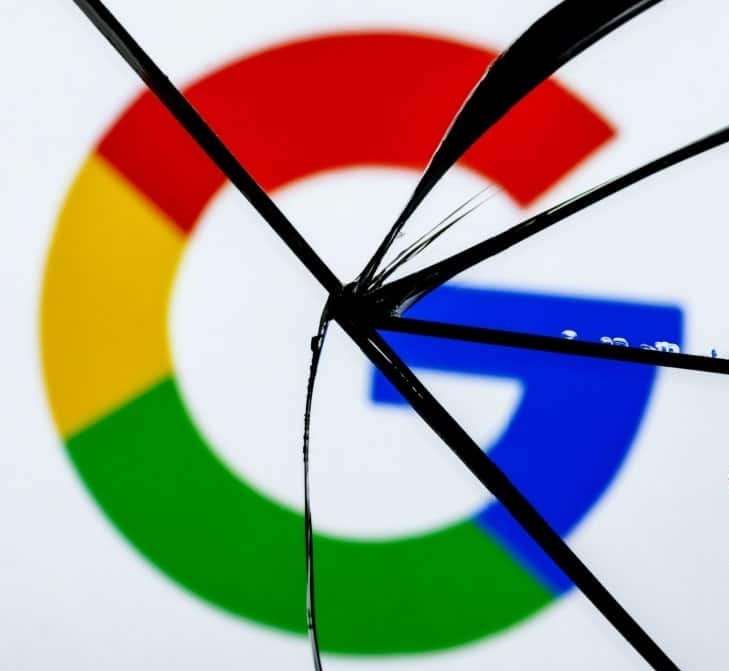After more than 25 years of secrecy, we have learned about Google's algorithm
In May 2024, the digital world underwent a sea change with the leak of Google's search algorithm, a revelation that exposed previously unknown details about how this complex system works. Erfan Azimi, CEO of EA Eagle Digital, was responsible for this leak, obtaining the information of former Google employees. Azimi shared these documents with the intention of exposing the truth and contradictions in Google's public statements.
This leak revealed the existence of 14,000 ranking features and 2,596 modules that Google uses to determine search results. Among the most shocking revelations is the use of the NavBoost system, which uses user click data to adjust rankings, contradicting Google's public claims that clicks don't influence results. NavBoost has been in operation since 2005, using historical click data to optimize the relevance of search results.
In addition, it was discovered that Google employs an internal metric called "siteAuthority," which measures the overall authority of a website. This revelation is significant as Google has repeatedly denied the use of site authority metrics. The existence of "siteAuthority" underscores the importance of building and maintaining a strong authority to improve search engine rankings.
Other revelation crucial is the use of Chrome browsing data to influence rankings. Despite the fact that Google has publicly stated that it does not use this data, the leaked documents prove otherwise. This integration allows Google to leverage valuable insights into user behavior to improve the relevance and personalization of search results.
The leak also confirmed the existence of a "sandbox" for new sites, where they are evaluated before allowing them to fully compete in the rankings. This practice, although denied by Google , is essential to protect the quality of search results and prevent spam sites from reaching high rankings quickly.
The documents also detail various penalties that Google applies for practices such as irrelevant links and low-quality content. These penalties, such as those described in the anchorMismatch , can significantly affect a website's visibility. SEO professionals should focus on building high-quality, relevant links, and maintaining the topical relevance and authority of the site to avoid these penalties.
It has changed the way we work
From a strategic perspective, this leak has profound implications for Google's business model and innovation policy. The company could be forced to adopt greater transparency in its future innovations, responding to criticism of secrecy and adapting to the competition. Rivals like Bing and DuckDuckGo can capitalize on these perceived weaknesses to gain market share and attract disgruntled users and advertisers.
User and advertiser trust in Google could also be affected. The perception that ads can influence organic rankings, although not directly confirmed by the leak, could diminish confidence in the fairness of Google Ads. In addition, the revelation of opaque practices by Google could decrease user loyalty and trust, affecting its business model based on search and advertising.
For digital marketers, adapting to these changes is crucial. SEO strategies need to be flexible and ready to quickly adjust to Google's new guidelines. Focusing on content quality and user experience is more important than ever. Click data and user interaction, now confirmed as critical factors for ranking, must be continuously monitored and optimized.
Using advanced tools like Semrush Sensor and Ahrefs to track changes in rankings and quickly adapt to new guidelines is critical. Ahrefs data indicates that 68% of online experiences start with a search engine, and Google dominates the market with more than 90% of the market share. Additionally, SEO generates 20 times more traffic than PPC for most websites, according to Semrush, highlighting the importance of SEO in digital marketing for businesses.
This leak not only reveals the best-kept secrets of Google's algorithm, but also underscores the need for transparency and adaptation in the digital environment. The professionals of SEO They must be prepared for these changes, focusing on content quality, user experience, and ethical practices to maintain and improve their search engine rankings.
Download the complete guide we've prepared for an in-depth analysis and detailed recommendations for navigating this new SEO landscape. With this guide, you will be able to better understand the changes, adapt to them, and stay competitive in the dynamic world of digital marketing.

